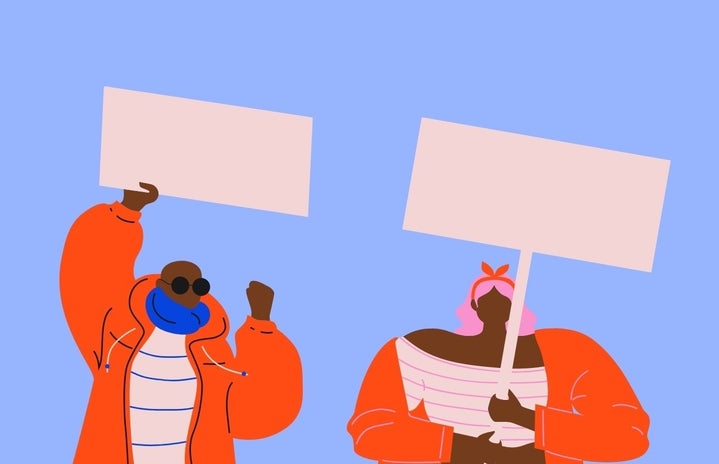This past week, news of missing 22 year-old Gabrielle “Gabby” Petito swept the nation. Her disappearance captivated the attention of numerous news networks, including CNN, Fox News, ABC and various local stations. Gabby Petito had been reported missing on Sept. 11, 2021. Petito’s disappearance was reported by her family 10 days after her fiance, Brian Laundrie, had returned home from their cross-country roadtrip without her. According to police sources collected by ABC News, remains speculated to be Gabby Petito were discovered on Sept. 20, 2021 at a camping ground in Wyoming’s Grand Teton National Park.
Watching Gabby’s disappearance turn into a murder investigation in real time was especially disturbing. Gabby was a young woman who had her entire life ahead of her, but she was gone in a matter of moments. May her soul rest in peace. As a woman, I am constantly made aware of how vulnerable I am to the world around me, whether its from the men I find myself in relationships with, interacting with strangers, or simply me going out by myself.
However, as a woman of color – a Black woman, at that – I often feel like there is an additional set of precautions I must take when navigating the life I live. When Black women go missing, very rarely do we find nationwide coverage reporting our disappearances, much less an entire country ready to mobilize to ensure our return home. Instead, we get a name lost in an article, a random one-time notification, and erasure from mainstream media.
This is not said to invalidate the seriousness of Gabby Petito’s disappearance and murder. It is truly a shame that a young woman lost her life in such a horrific way. I bring up her case to call attention to the ongoing social issue that is the “missing white woman syndrome”; a term that social scientists use to refer to the immense media coverage that missing white women receive that is seldom reciprocated for women of color.
In Washington, D.C., 10 young women and girls have been newly reported missing for this month alone, all of whom are women of color and under the age of 22. Naomi Lockamy, age 13, missing since Sept. 15, 2021. Keren Merino, age 17, missing since Sept. 15, 2021. La’Niyah Fenner, age 14, missing since Sept. 18, 2021. I can count on one hand how many times I have heard these names on my local news stations since their disappearances. This statistic does not include the dozens of other women who have been reported missing since this year began.
All missing people are deserving of the tools and resources needed to return them home or solve their cases. Yet, time and time again, this nation makes it apparent that these resources are mostly reserved for young white women. Again – this is not to say that their cases are less important, but rather to shed light on the missing Black women and women of color who are constantly regarded as invisible women in this country.

